How Much Does Flooring Installation Cost?
Fill in your details below - we'll reach out to schedule a free quote!
We will get back to you as soon as possible
Please try again later
How Much Does Flooring Installation Cost, on Average?
Installation costs for flooring can vary greatly depending on the type of material you choose and the size of your project.
To get a better idea of how much your project might cost, it's helpful to understand the different factors that can affect pricing.
For example, hardwood floors are generally more expensive to install than carpet, because the material is more labor-intensive to work with. Similarly, larger projects will usually cost more than smaller ones, because there's simply more ground to cover.
Additionally, complex or difficult installations (such as those that require customized cuts or inlays) will typically be pricier than simple installations.
Keep all of these factors in mind when budgeting for your flooring project, and remember that installation costs can vary widely from one contractor to the next.
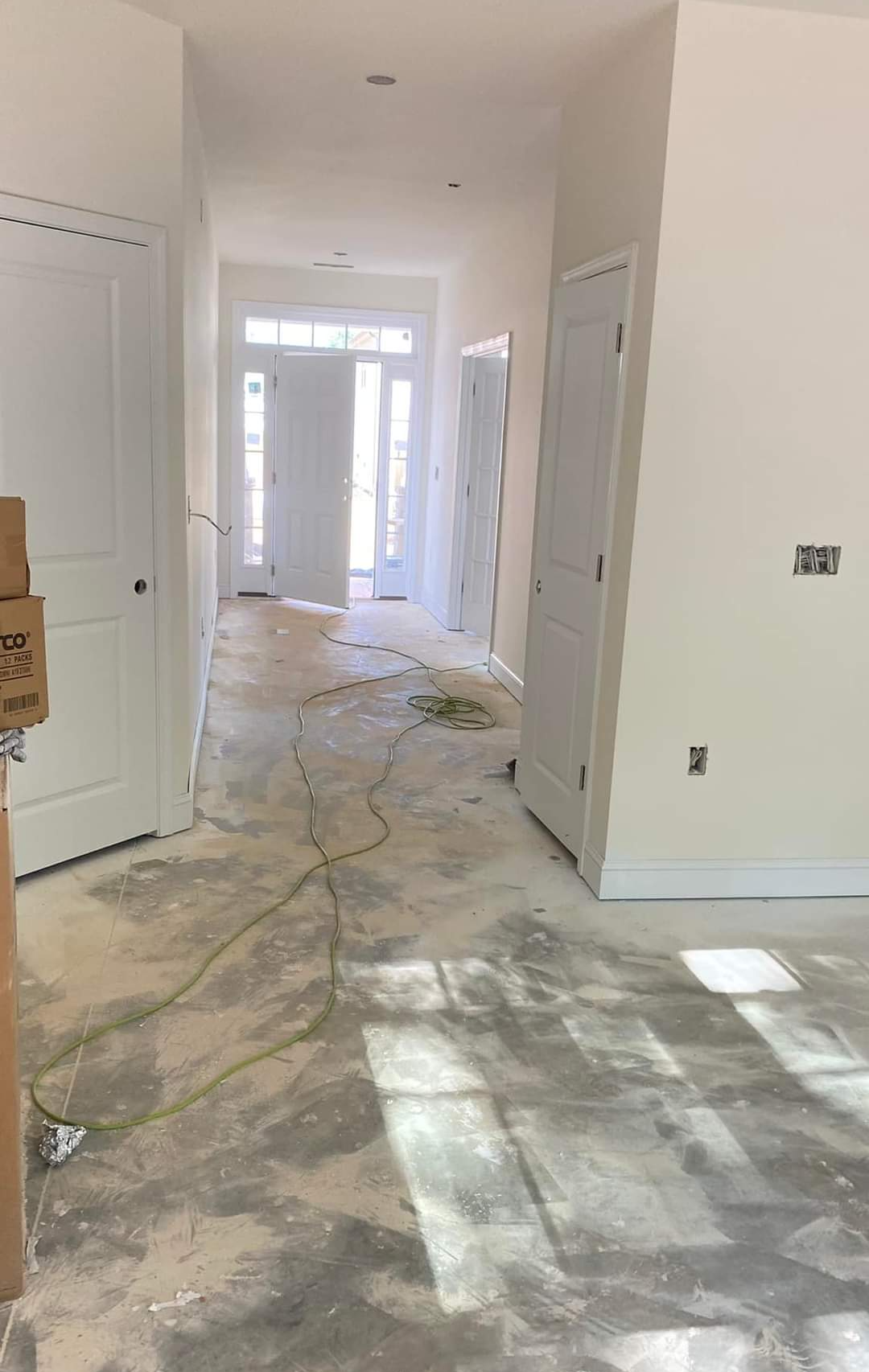
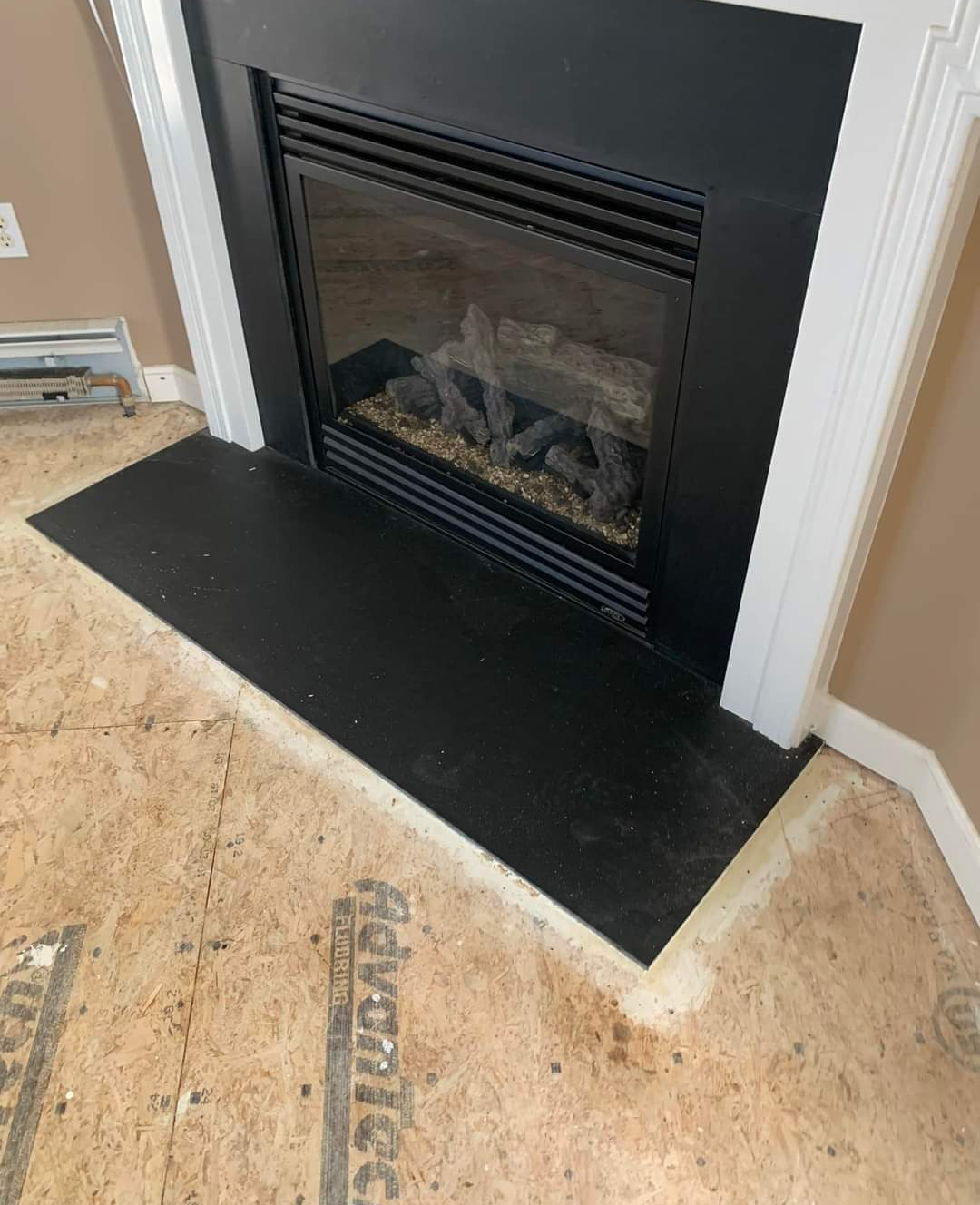
An Overview of Flooring Installation Costs
The cost of installing a new floor can vary widely, depending on the type of material and the size of the project.
As a general rule, materials that are more difficult to install will be more expensive.
Installation costs also vary depending on the complexity of the project and the experience of the installer.
In many cases, it is possible to get a discount by doing some of the work yourself or by purchasing material in bulk.
By carefully considering all these factors, it is possible to get an accurate estimate of the cost of installing new flooring in your home.
Factors That Affect Flooring Installation Cost
The cost of flooring installation can vary widely depending on a number of factors. The type of flooring material you choose will be one of the biggest determinants of cost.
Luxury materials like marble or hardwood will be much more expensive to install than more budget-friendly options like vinyl or laminate. The size of your project will also affect the bottom line. A small bathroom will obviously be less expensive to floor than a large living room.
However, even within a single room, the cost can vary depending on the layout. For example, installing flooring around obstacles like cabinets or fireplaces will require more time and labor, and thus be more expensive, than a simpler installation.
Finally, the experience level of the installer can also impact cost. Hiring a seasoned professional will generally be more expensive than going with someone who is just starting out.
However, it's important to weigh the cost against the quality of workmanship—a cheaper option isn't always a better deal in the long run.
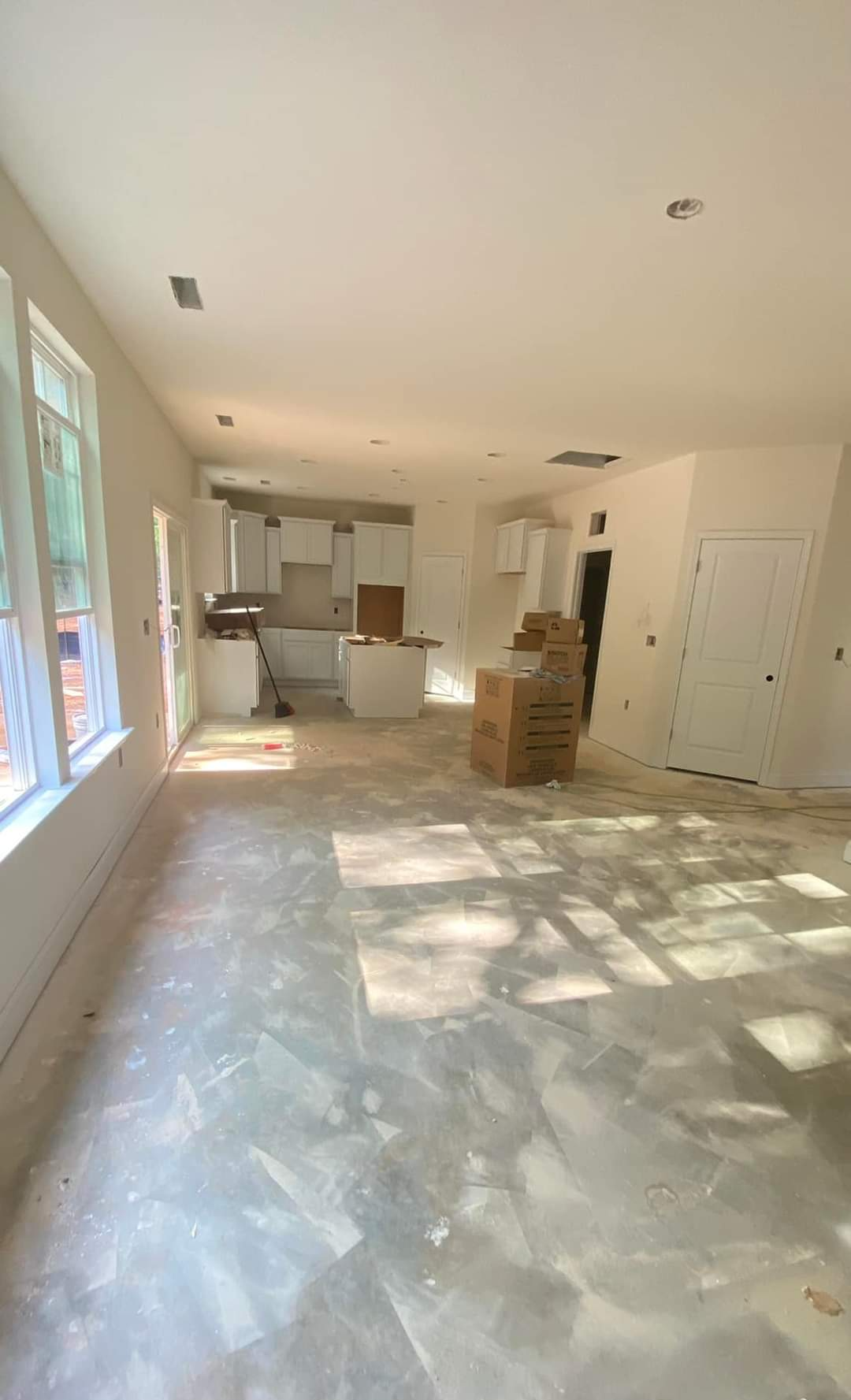
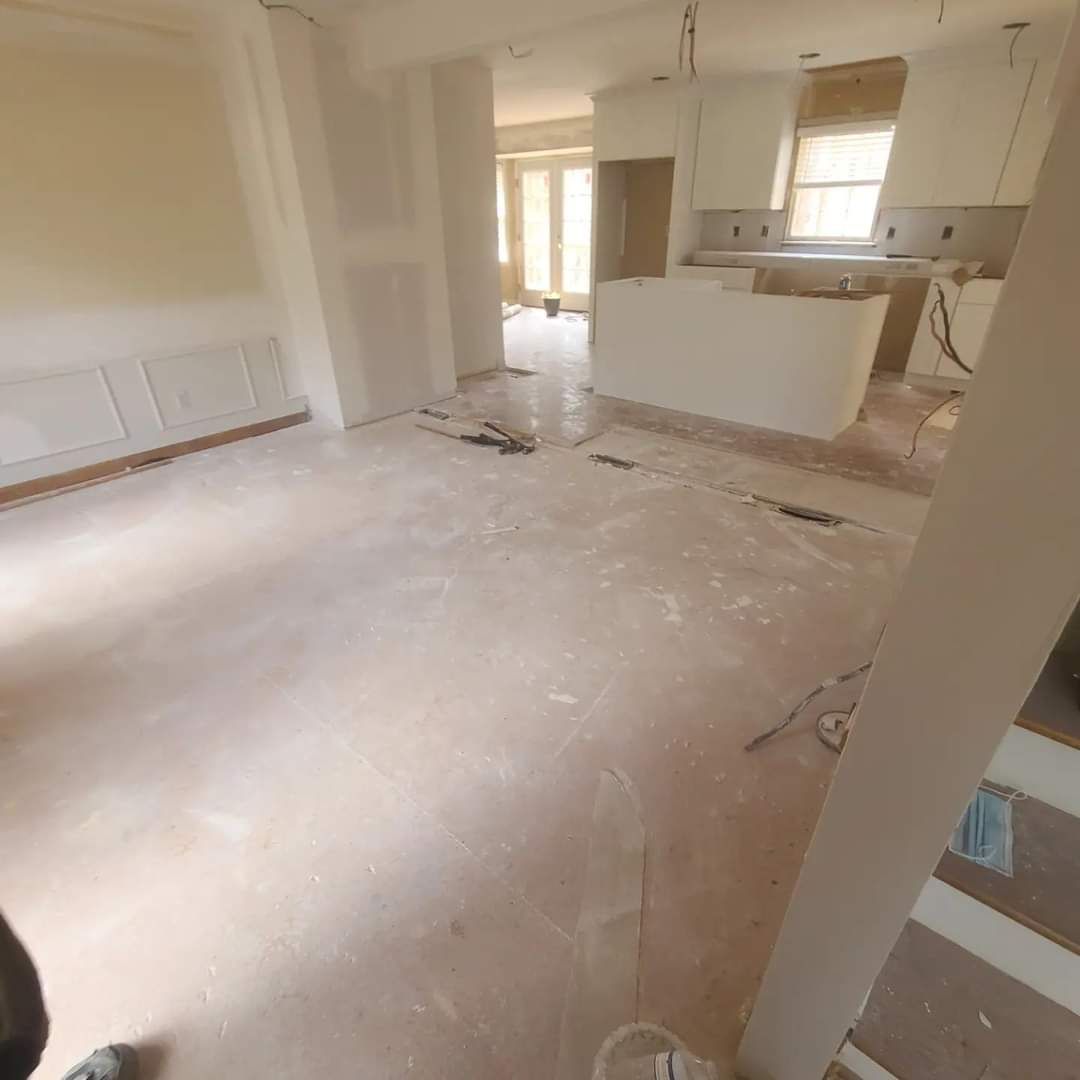
Condition of Current Flooring
Among other factors, the cost of new flooring installation will be affected by the condition of the existing floor.
If the current flooring is in good shape and just needs a cosmetic update, then the installation process will be simpler and less expensive.
However, if the floor is damaged or uneven, then more time and effort will be required to prepare the surface for new flooring.
In some cases, it may even be necessary to completely replace the subfloor before new flooring can be installed.
Flooring Material Chosen
One of the main factors that affect the cost of flooring installation is the type of material you choose.
Luxury materials like marble or hardwood will obviously be more expensive than more common materials like linoleum or laminate.
However, it's important to keep in mind that flooring is a long-term investment. Not only will higher-quality materials last longer, but they will also increase the value of your home.
As a result, it's often worth spending a little extra on flooring material in order to get a better return on investment down the road. Of course, ultimately the decision of which material to choose should be based on your personal preferences and budget.
But if you're looking to save money on installation cost, opting for a more affordable material is always a good idea.
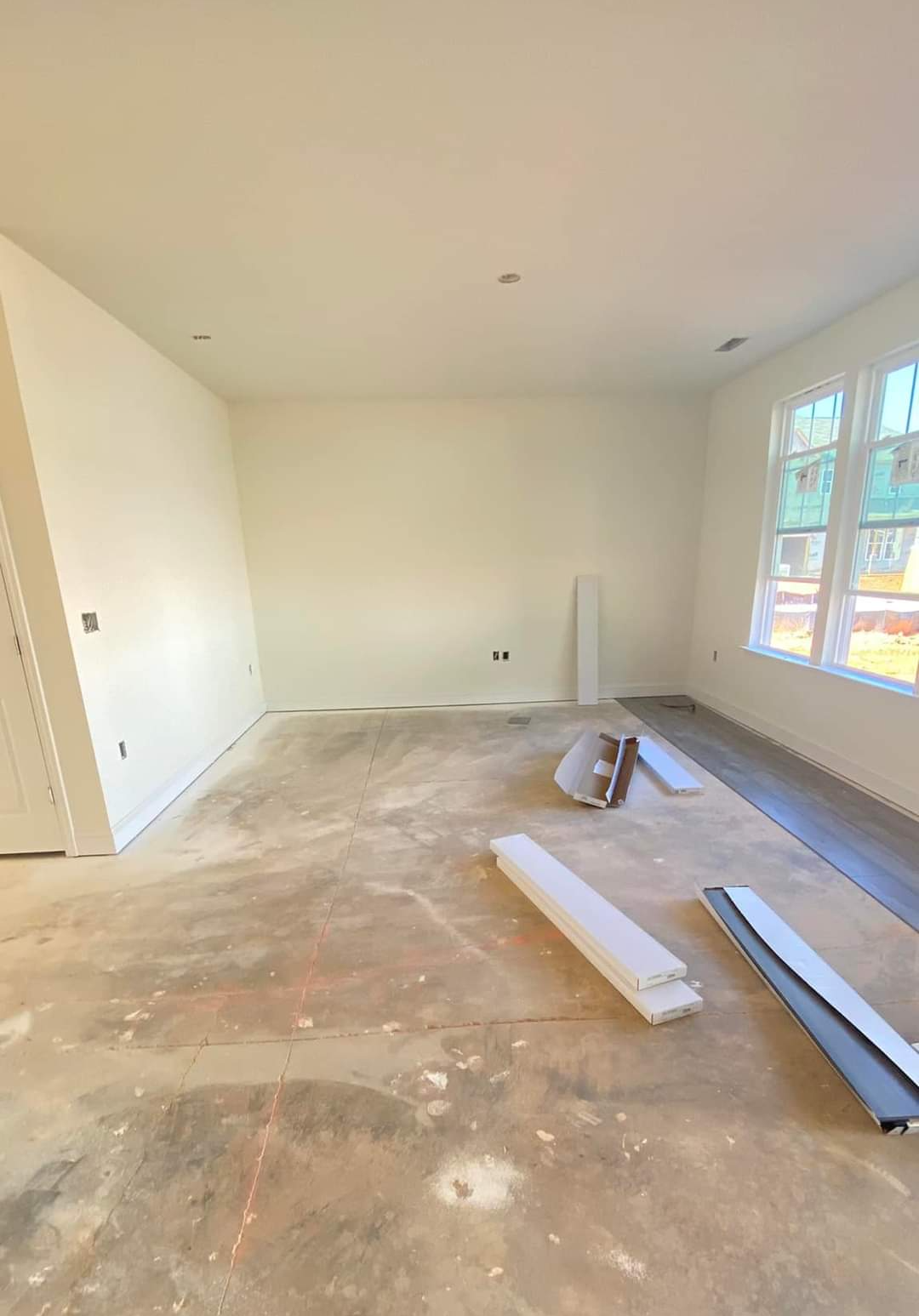
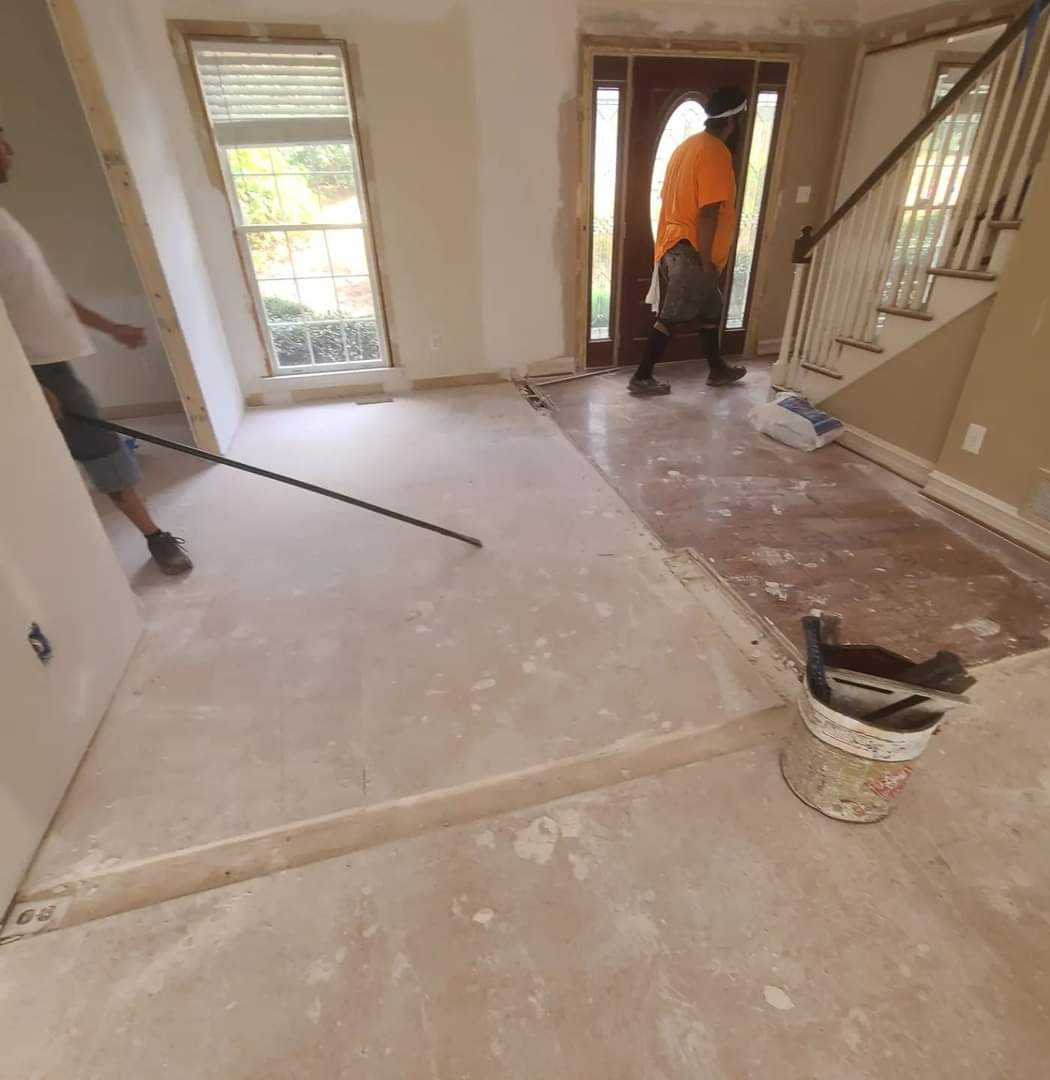
Size of Area
The cost of having flooring installed can vary widely depending on a number of factors. One of the most important factors is the size of the area that needs to be covered.
In general, the larger the area, the higher the installation cost will be. This is because it takes more time and effort to install flooring in a large space.
Additionally, materials may need to be specially ordered for larger installations, which can also increase the cost.
As a result, homeowners should be aware that size is one of the key factors that can impact the overall cost of having new flooring installed.
Complexity of Area
When it comes to installing new flooring, cost is always a major consideration.
After all, flooring is a significant investment, and you want to be sure that you get the most bang for your buck.
One of the biggest factors affecting the cost of installation is the complexity of the area.
For instance, if you have a large, open space with few obstacles, the cost will be much lower than if you have a small, irregularly shaped room with many doorways and fixtures.
In general, the more complex the area, the higher the installation cost will be.
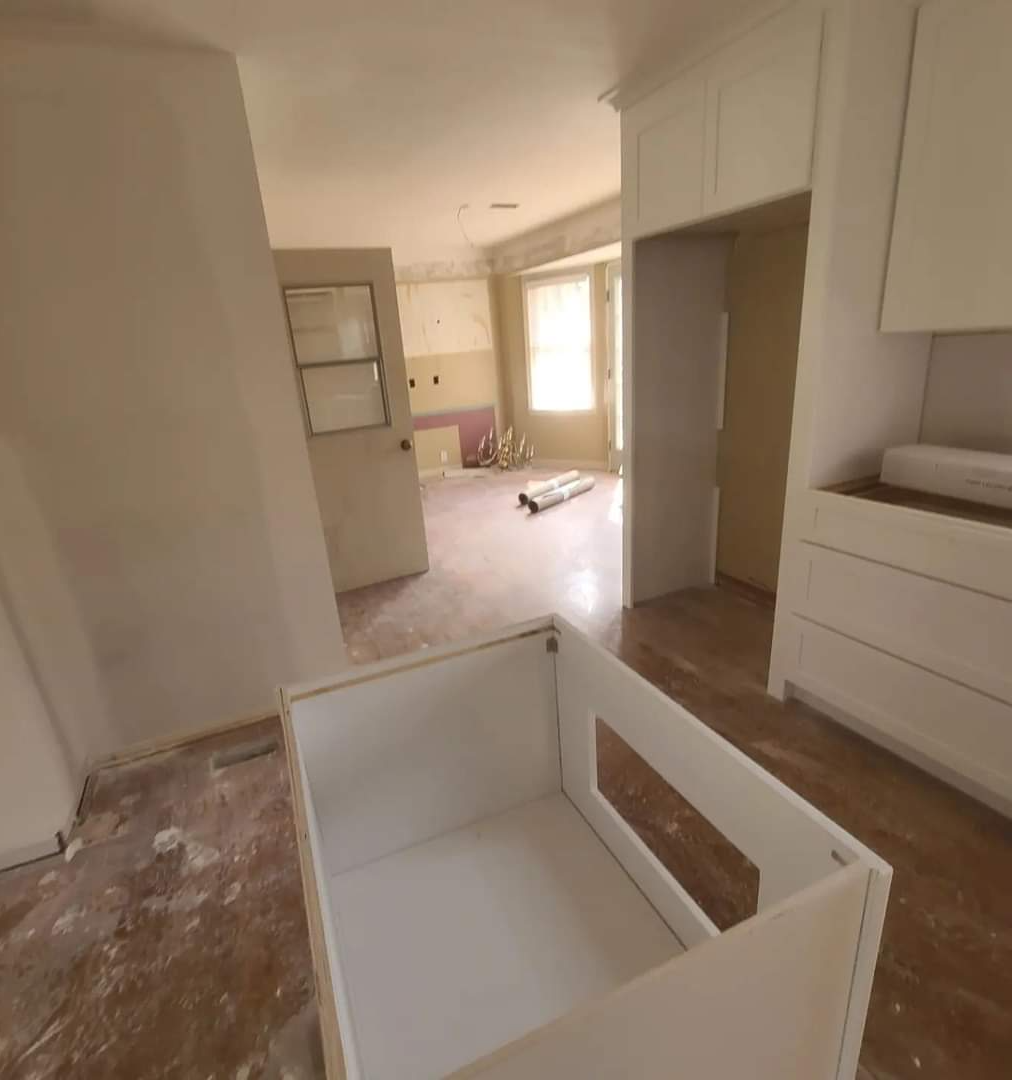
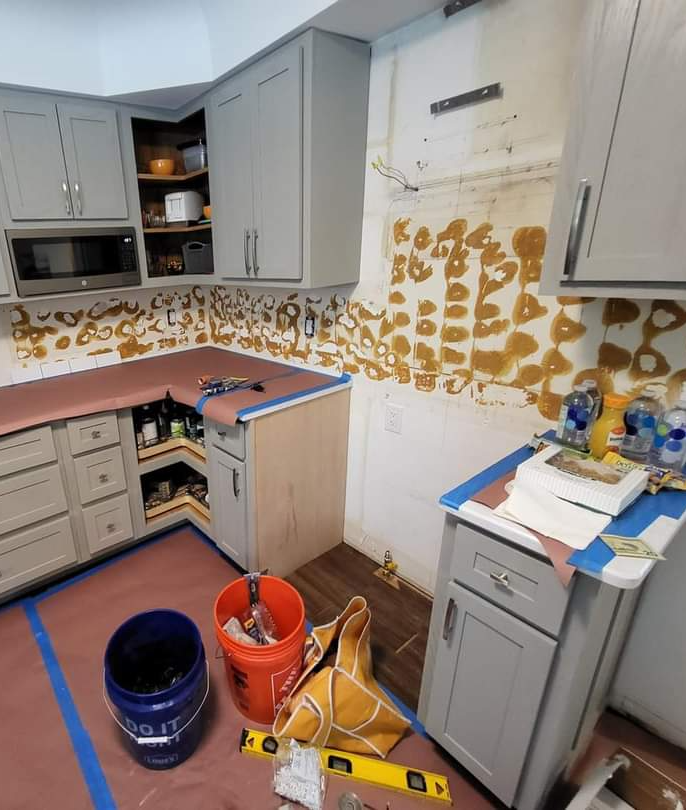
Complexity of Layout
The cost of installation is one of the most important factors to consider when selecting new flooring.
Many homeowners assume that the cost of installation is simply the price of materials, but there are actually a number of different factors that can affect the bottom line.
One important factor is the complexity of the layout. A simple square room will obviously be easier and less expensive to install than a room with a complex layout.
This is because more time will be required to measure and cut the flooring, and there may be more waste due to odd-shaped areas.
When planning a new flooring project, be sure to factor in the complexity of the layout to get an accurate estimate of installation costs.
Finishing Work
Finishing work is one of the most important factors that affect flooring installation cost. This type of work includes leveling the subfloor, installing baseboards and trim, and applying a finish to the floor.
The cost of finishing work will vary depending on the type of flooring being installed and the size of the room.
For example, installing hardwood floors in a large room will require more finishing work than installing vinyl floors in a small room.
In addition, the type of finish that is applied to the floor will also affect the cost. A high-quality finish will be more durable and require less maintenance than a lower-quality finish.
As a result, it is important to consult with a flooring contractor to determine the best way to finish your new floors.
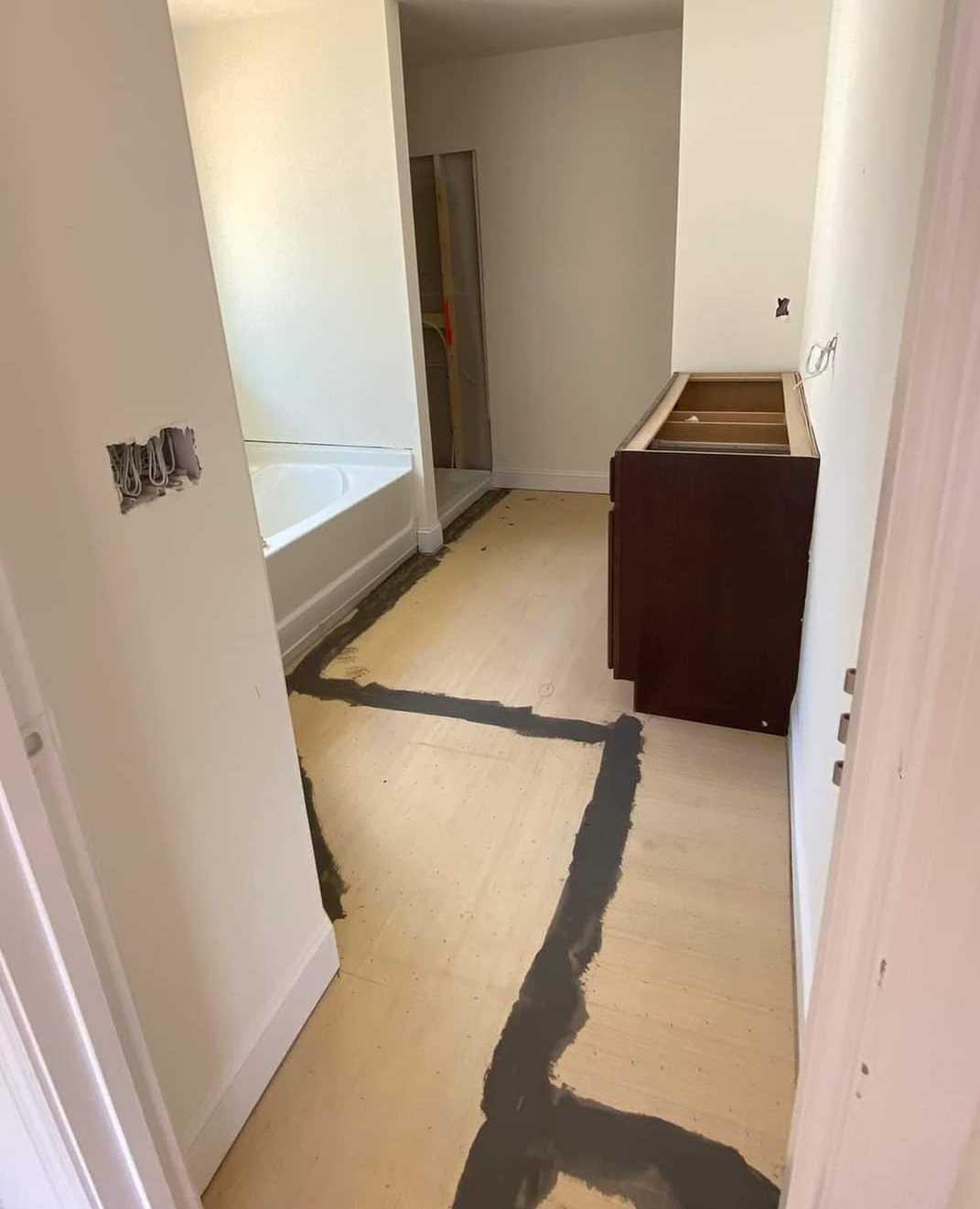
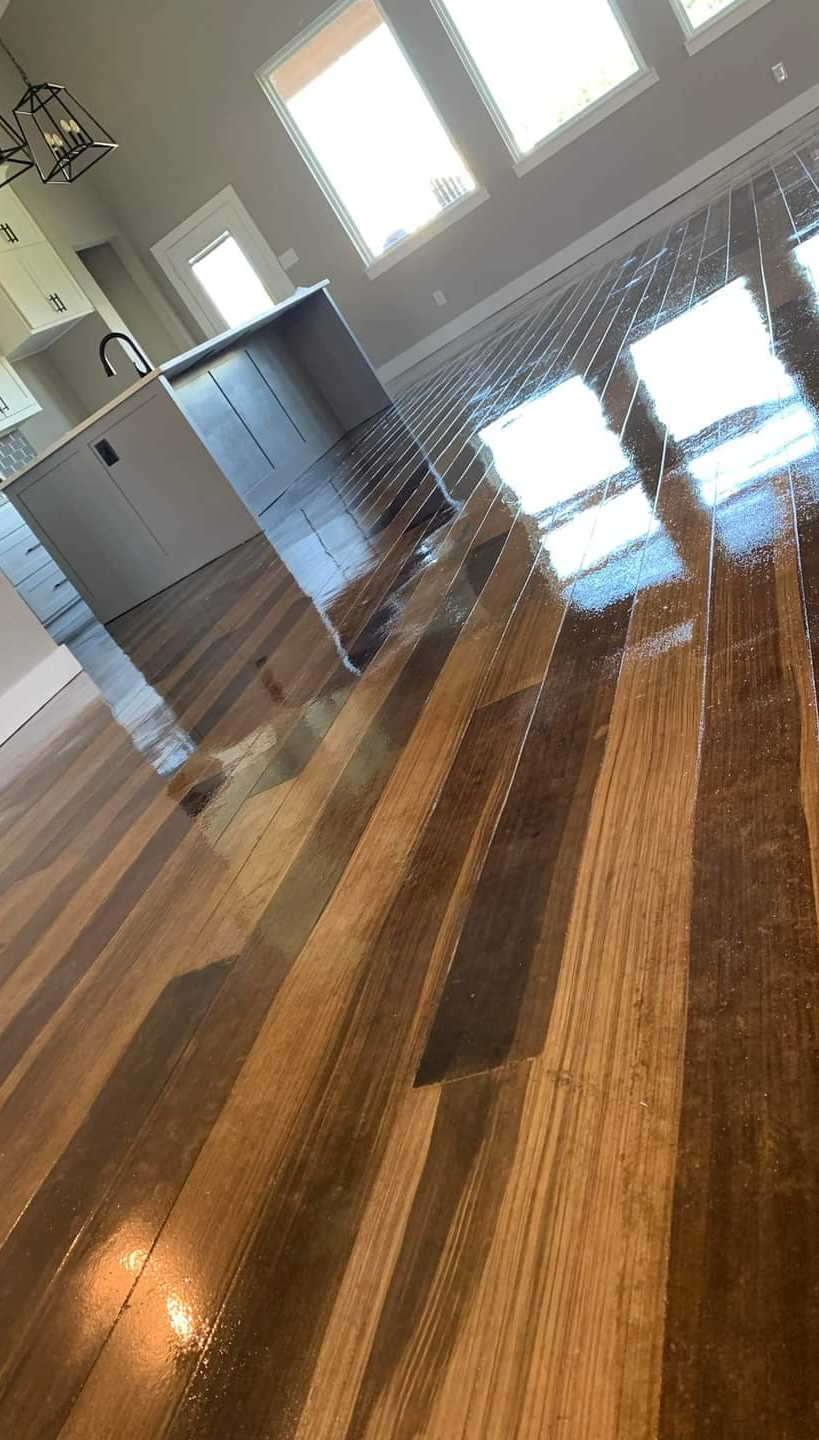
Cost to Install Laminate Flooring
The cost to install laminate flooring can vary depending on a number of factors, including the type of laminate, the size of the room, and the installation method.
The most common type of laminate is made from HDF, or high-density fiberboard, which is durable and easy to clean. However, this material is also more expensive than other types of laminate.
For example, MDF, or medium-density fiberboard, is a cheaper alternative that is less durable but still suitable for many applications. The size of the room is another important factor to consider when estimating the cost of laminate flooring.
Larger rooms will require more materials and labor, and therefore will be more expensive to install. Finally, the installation method can also affect the cost.
Laminate can be installed as a floating floor, which is quicker and easier but may not be as durable, or it can be glued down for a more permanent solution. With so many factors to consider, it's no wonder the cost to install laminate flooring can vary widely.
Cost to Install Vinyl Plank Flooring
There are a number of factors that can affect the cost of installing vinyl plank flooring. The type of vinyl plank you choose will be one of the biggest factors, as there are many different styles and grades on the market.
The size and shape of your room will also play a role, as complex or irregularly shaped rooms may require more material and take longer to install.
The condition of your existing flooring will also be a factor, as any repairs that need to be made will add to the overall cost.
Finally, the location of your home can also affect costs, as prices can vary depending on your region.
By taking all of these factors into account, you can get a better sense of what it will cost to install vinyl plank flooring in your home.
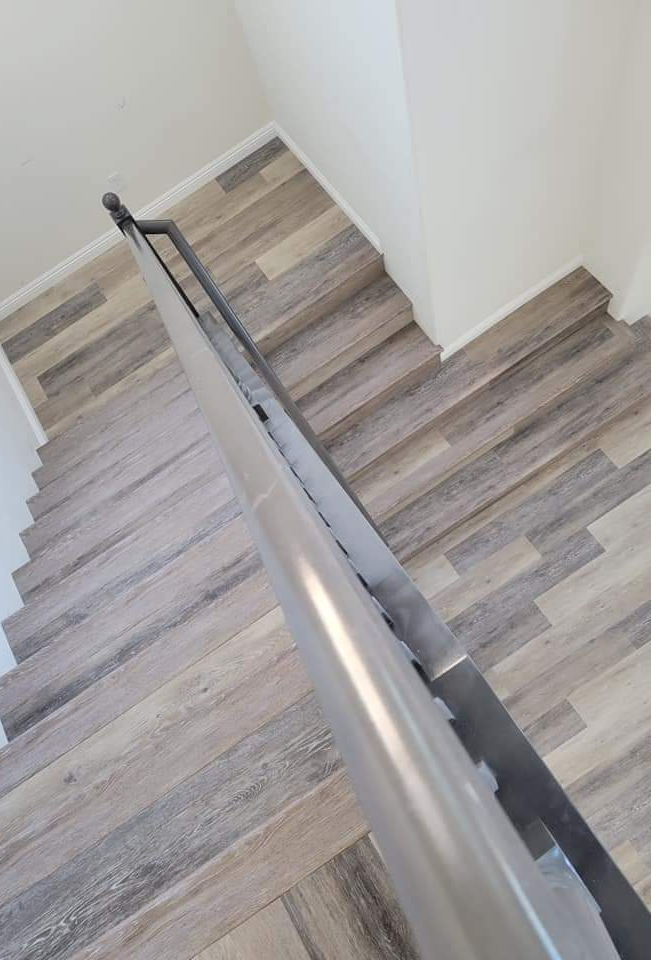
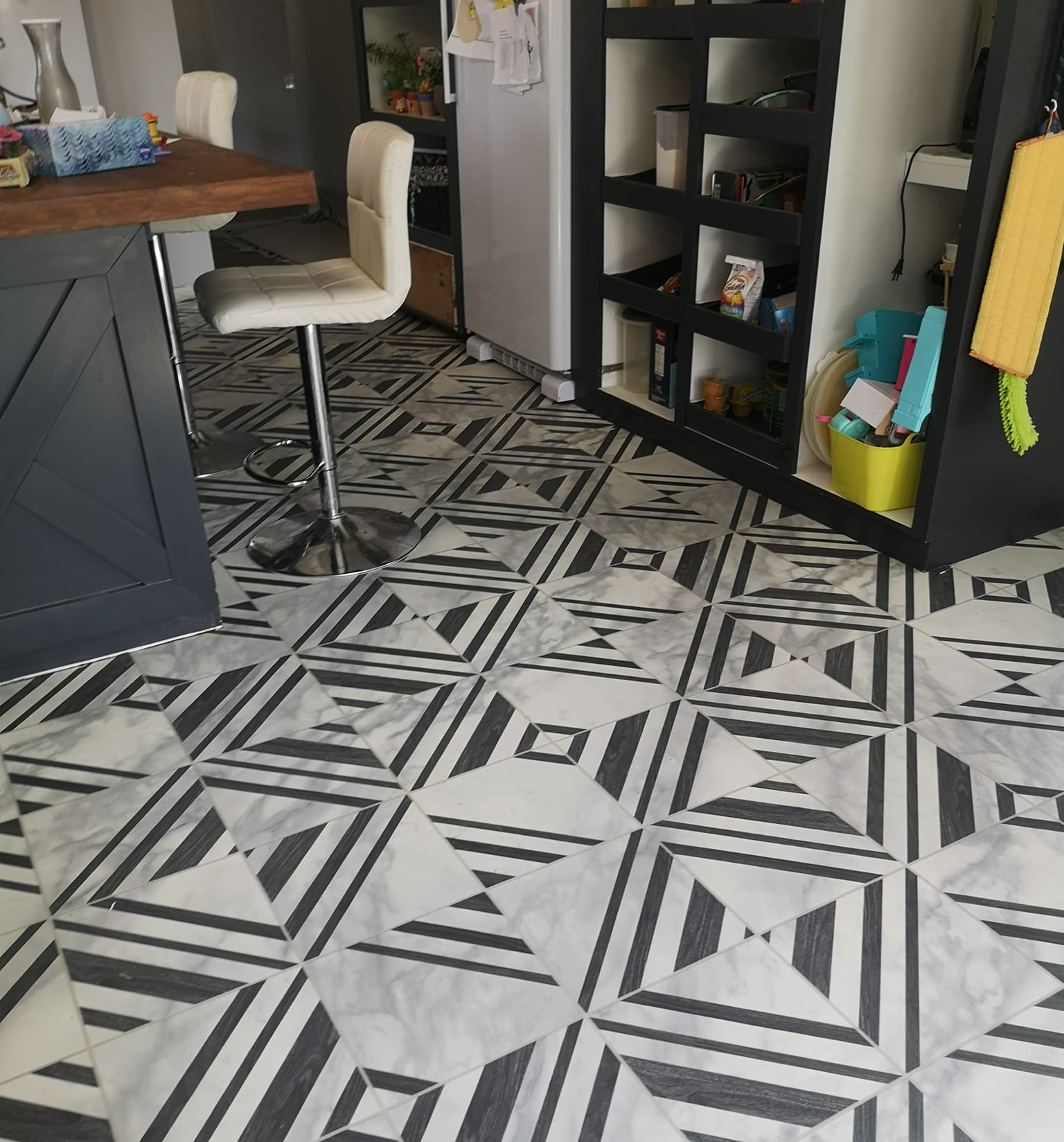
Cost to Install Tile Floor
The cost to install tile flooring depends on a number of factors, including the type of tile, the size of the room, and the complexity of the installation.
The most common type of tile is ceramic, which is durable and relatively inexpensive. Porcelain tile is another popular option, but it tends to be more expensive than ceramic.
The size of the room is also a major factor in the cost of installation. A small bathroom or kitchen will usually be less expensive to tile than a large living room or basement.
The complexity of the installation can also affect the cost. If the room has an irregular shape or multiple levels, it will generally be more expensive to install tile flooring.
Hardwood Floor Installation Cost
There are several factors that can affect the cost of hardwood floor installation. The most important factor is the type of wood you choose.
Hardwoods such as oak and maple are more expensive than softer woods like pine. In addition, the grade of the wood will also affect the price.
Select grade hardwoods are the most expensive, followed by first and second grade. The size of your room is another important factor to consider. A larger room will obviously require more wood and will take longer to install, which will increase the overall cost.
Finally, the finish you choose for your floors will also play a role in the final price. A simple stain will be less expensive than a more elaborate finish with multiple layers of sealant.
By taking all of these factors into account, you can get a good idea of what it will cost to install hardwood floors in your home.
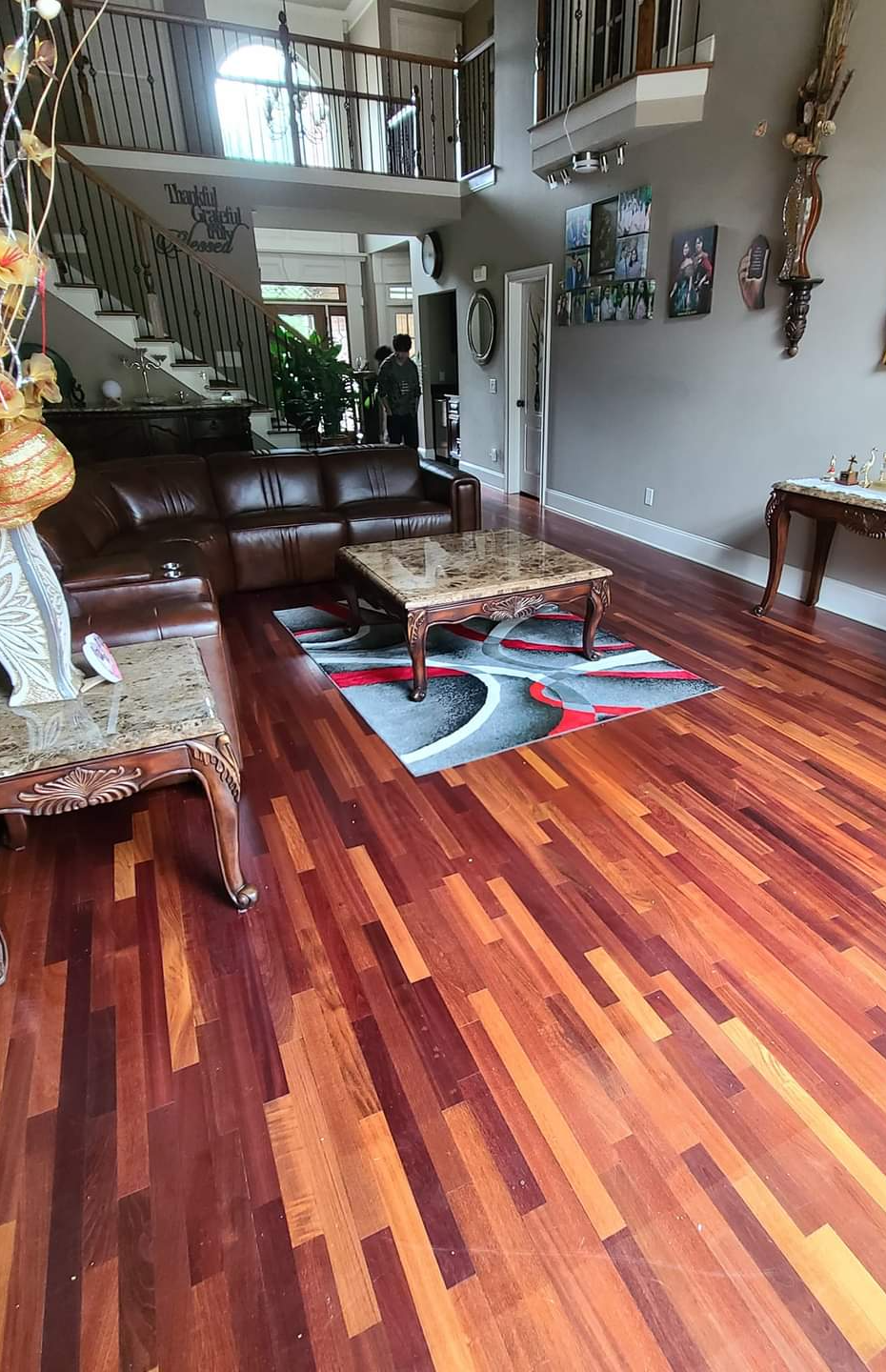
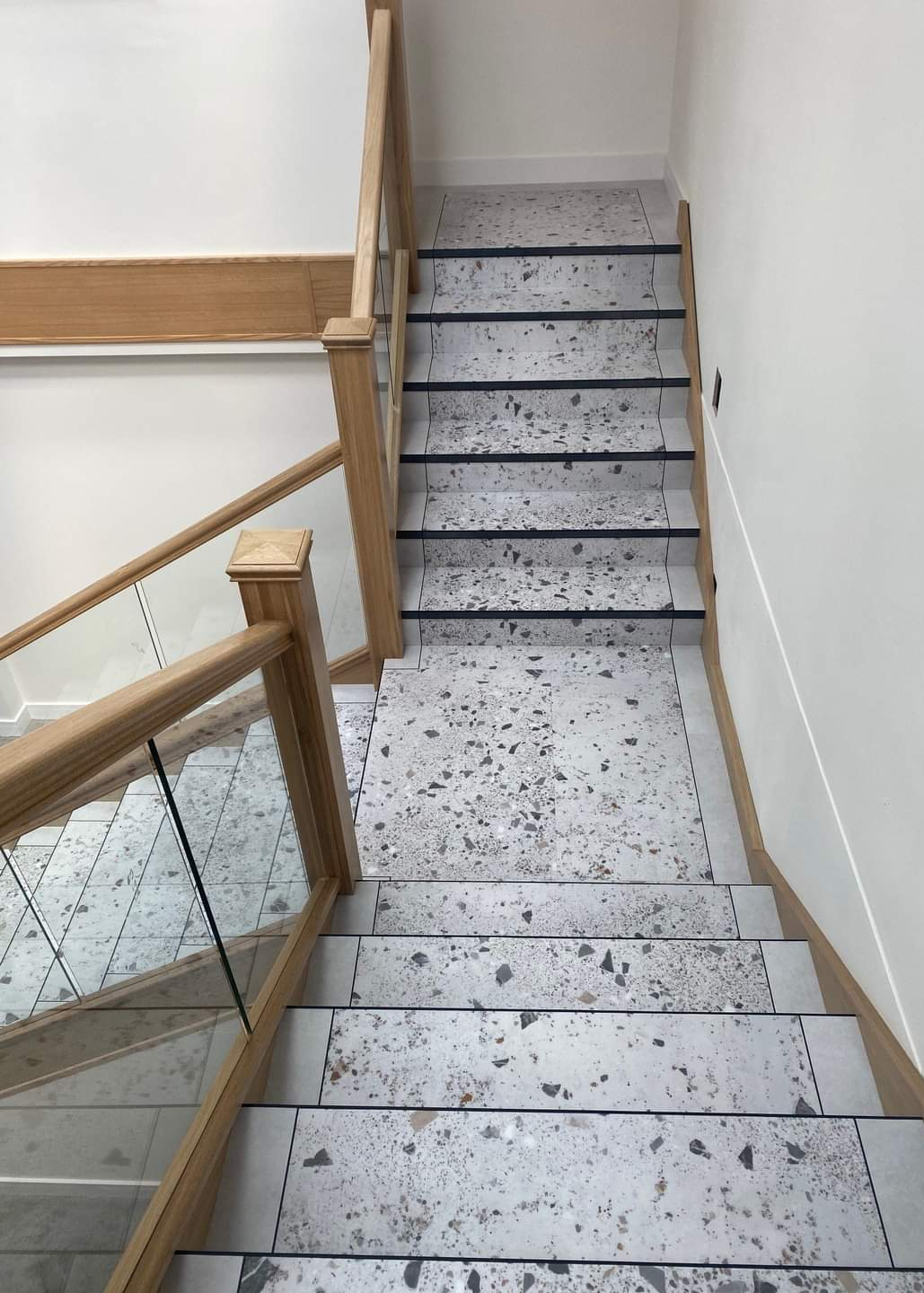
Epoxy Floor Installation Cost
Epoxy floors are a type of flooring that consists of a resin-based material that is applied directly to the floor surface.
Epoxy floors are very durable and resist wear and tear well, making them ideal for high traffic areas such as commercial kitchens, warehouses, and industrial facilities. One of the main benefits of epoxy floors is that they are very easy to clean and maintain.
In addition, epoxy floors can be installed quickly and efficiently, often in just one day. However, the main downside of epoxy floors is their cost. Installing an epoxy floor can be significantly more expensive than other types of flooring, such as vinyl or carpet.
However, many homeowners feel that the benefits of an epoxy floor outweigh the cost, and epoxy floors can last for many years with proper care and maintenance.
Flooring Installation Cost FAQs
How long does it take a professional to lay laminate flooring?
Laying laminate flooring is a relatively straightforward process that most DIY enthusiasts can handle with relative ease. However, for those who lack the time or confidence to tackle the project themselves, hiring a professional is always an option.
So, how long does it take a professional to lay laminate flooring? Generally speaking, most professionals can complete the job in one day, provided that the area to be covered is not too large. However, larger projects may take two or more days to complete.
In addition, factors such as the type of subfloor and the condition of the room can also affect the length of time required to complete the job.
Ultimately, while laying laminate flooring is not a particularly complicated task, it is always best to leave it to the professionals if you want a flawless finish.
How do you estimate flooring installation costs?
There are several factors to consider when estimating the cost of installing new flooring. The type of flooring material, the size of the room, and the complexity of the installation all play a role in determining the final price.
For example, hardwood floors are typically more expensive than laminate or vinyl, and large rooms will require more material than small ones. In addition, installations that require special cuts or other custom work will be more expensive than those that are straightforward.
As a result, it is important to get a few estimates from qualified contractors before making a final decision. By taking all of these factors into account, you can be sure to get the best possible price for your new flooring.
How many workers will the job require?
The number of workers required for a job depends on a variety of factors, including the size and scope of the project. For example, a small painting job might only require a few workers, while a large construction project could require hundreds.
In addition, the skills and experience of the workers can also affect how many are needed. For instance, a team of experienced electricians will be able to complete a job more quickly than a team of inexperienced workers.
What is the cost of adding heated floors?
The cost of adding heated floors to your home will depend on a number of factors, including the size of the area to be heated, the type of flooring, and the heating system.
Generally speaking, electric radiant floor heating is the most expensive option, followed by hydronic (water-based) heating. If you already have a forced-air heating system in place, you may be able to add a hydronic radiant floor heating system for relatively little cost.
The installation of radiant floor heating is also more complex than other types of heating systems, so it is important to factor in the cost of professional installation.
Reach Out For a Free Quote
Send us a message using the form below, and we’ll get back to you as soon as we can.
We will get back to you as soon as possible
Please try again later
Copyright © 2015-2022 JD Flooring Installers | All rights reserved
Contractor Website by Curated Leads
